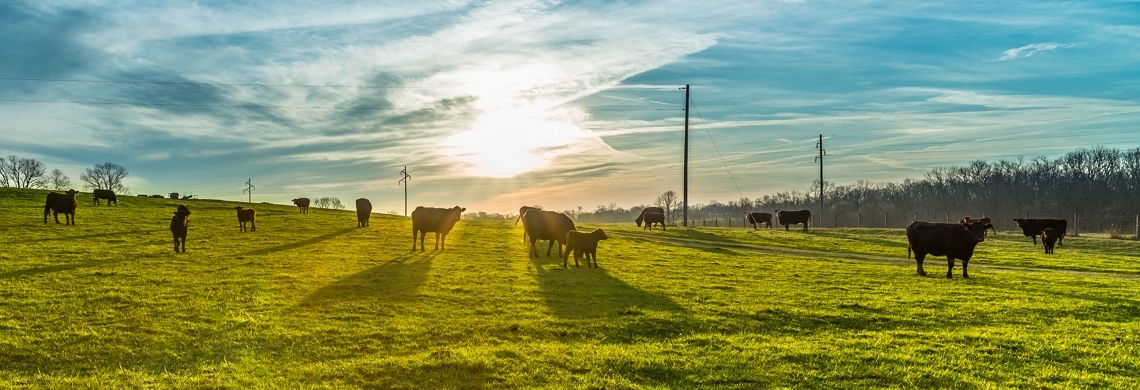Climate change is a major challenge of our times. For this reason, in December 2019, the European Commission presented the European Green Deal strategy[1], which is to transform the European Union into a climate-neutral area. The achievement of this target is planned for 2050.
The main assumptions of the Green Deal are:
- Providing clean and green energy
- Implementation of a circular economy
- Buildings with lower energy requirements
- Accelerating the transition to sustainable and smart mobility
- Protection and restoration of ecosystems and biodiversity
- Adaptation to climate change
- Health protection
As early as in May 2020, the Commission presented its Farm to Fork Strategy as one of the key actions within the European Green Deal[2]. The strategy is mainly aimed at increasing food security, but also:
- ensuring – within the possibilities of the planet – a sufficient supply of inexpensive and nutritious food
- halving the use of pesticides and fertilizers and the sale of antimicrobials
- increasing the surface area of land devoted to organic farming
- promoting more sustainable food consumption and healthy diet
- reducing food loss and food waste
- preventing food adulteration in the supply chain
- improving animal welfare
Animal farming constitutes an integral part of European agriculture and the EU’s food systems. To reduce the impact of animal production on the environment and climate, the development of sustainable animal production in the EU will be essential.
In view of the above, new veterinary regulations on the use of antimicrobials have been established, which will reduce their use in farm animals, and the sale of these agents will be even more closely monitored[3].
EU animal welfare laws reflect the so-called “Five freedoms”[4]:
- Freedom from hunger and thirst
- Freedom from discomfort
- Freedom from pain, trauma and disease
- Freedom to express natural behaviour
- Freedom from fear and stress
Increasing animal welfare improves animal health as well as food quality, reduces the need for drugs, and can help preserve biodiversity. The European Commission has regulated transport and slaughter regulations to ensure that animals are as comfortable as possible[5]. Therefore, for example, animals for slaughter must be accompanied by a health certificate issued by an official veterinarian and the “Food Chain Information” document containing, inter alia, information on the veterinary medicinal products used. The Commission is also facilitating the introduction of sustainable and innovative feed additives into the market that help reduce greenhouse gas emissions as well as water and air pollution.




)
)